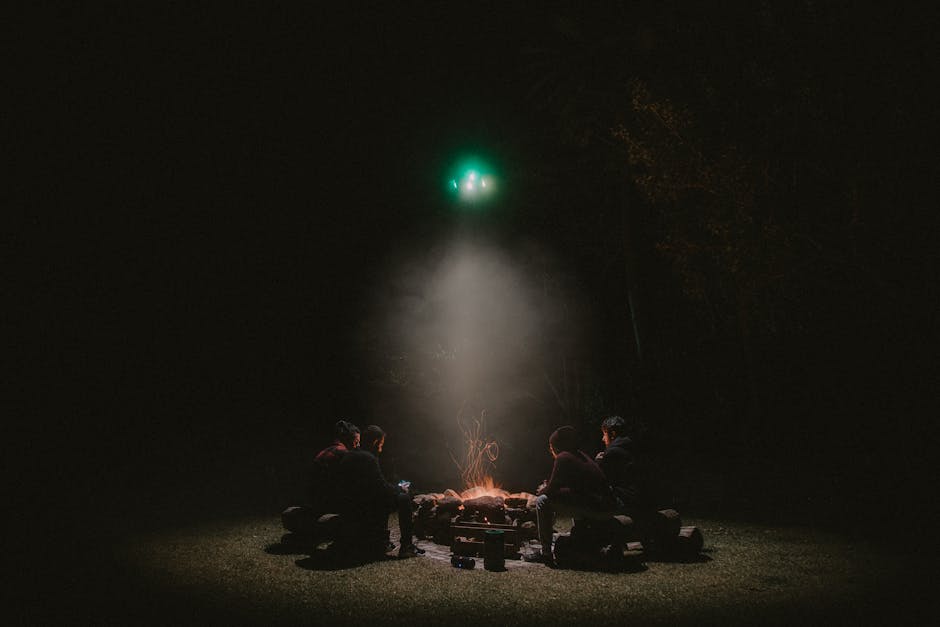Choosing the right drone can be a daunting task, especially with the wide variety of options available in the market today. Whether you're a beginner or an experienced pilot, finding the perfect drone that meets your specific needs and budget is crucial. In this comprehensive guide, we'll delve into the key factors to consider when selecting the best drone for you.
**1. Purpose of Use**
The first step is to determine the primary purpose for which you intend to use the drone. If you're interested in aerial photography or videography, you'll need a drone with a high-quality camera and stable flight performance. For recreational flying or racing, maneuverability and speed are important considerations.
**2. Camera Capabilities**
The camera is one of the most important features to consider, especially if you're planning on using the drone for photography or videography. Look for drones with high-resolution cameras that can capture stunning images and videos. Features such as adjustable aperture, variable shutter speed, and raw image formats provide greater flexibility for professional photographers.
**3. Flight Time and Range**
Flight time refers to the duration the drone can stay airborne before needing to be recharged. Range indicates the maximum distance the drone can travel from the controller. These factors are crucial for capturing extended footage or flying in open areas. Consider your intended usage and choose a drone with sufficient flight time and range to meet your requirements.
**4. Control Range**
The control range determines how far away you can fly the drone before losing connection with the controller. It's important to select a drone with a control range that suits your intended flying area and ensures reliable communication.
**5. Portability and Durability**
If portability is a priority, look for drones that are foldable or compact in size. This makes them easier to transport and store. Durability is another important factor, especially if you're planning on flying in challenging outdoor conditions. Choose drones constructed from robust materials that can withstand bumps and minor crashes.
**6. GPS and Safety Features**
GPS (Global Positioning System) allows the drone to maintain its position and return home autonomously. Advanced safety features such as obstacle avoidance sensors, collision warnings, and automated return-to-home capabilities enhance safety and reduce the risk of accidents.
**7. Software and Connectivity**
The drone's software and app interface play a significant role in user experience. Look for drones with user-friendly software that offers intuitive controls and customization options. Connectivity features such as Wi-Fi or Bluetooth allow you to connect the drone to your smartphone or tablet for live video streaming and control.
**8. Budget**
Finally, consider your budget. Drones range in price from affordable entry-level models to high-end professional-grade devices. Determine your budget and research drones that offer the best value for your specific needs and requirements.

